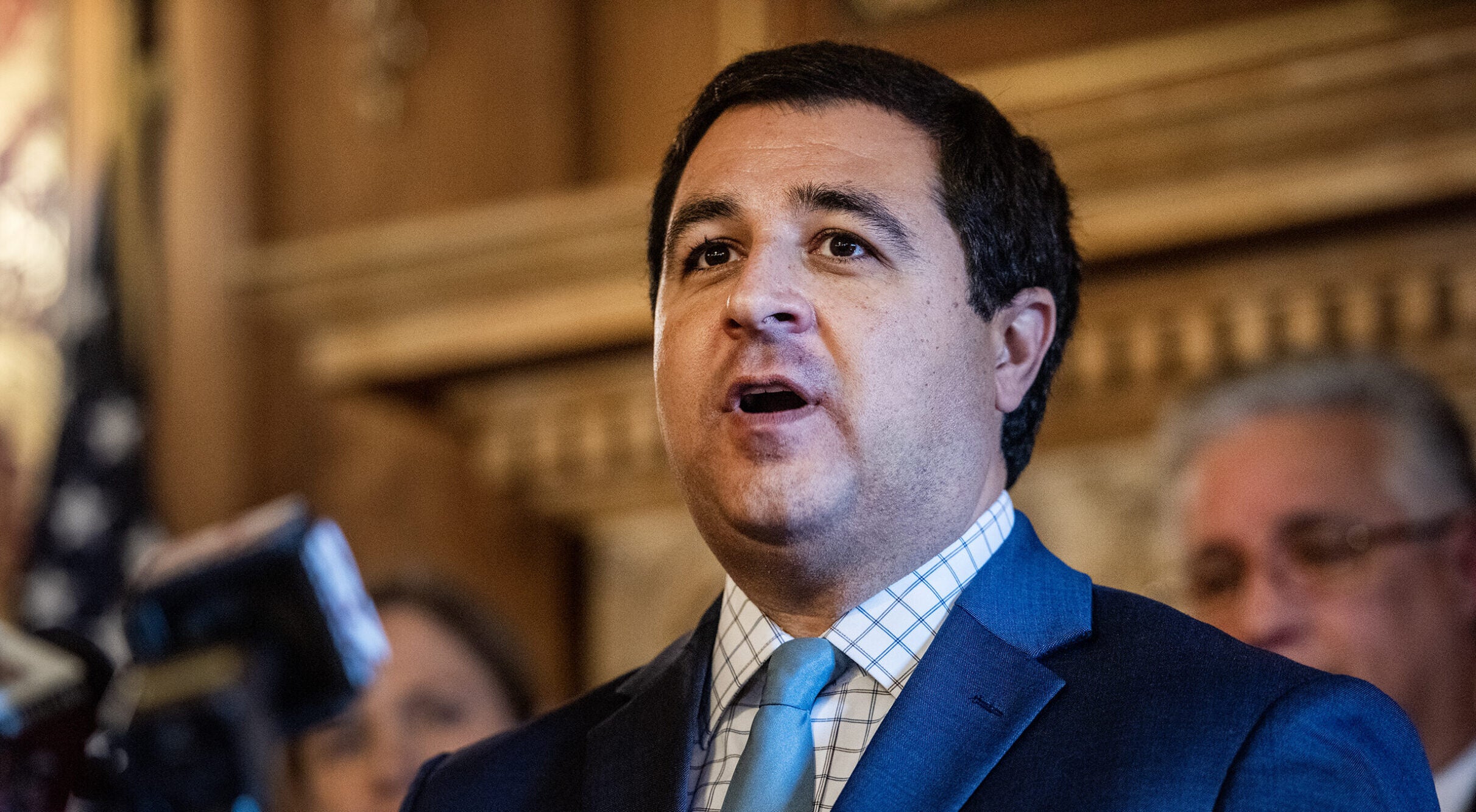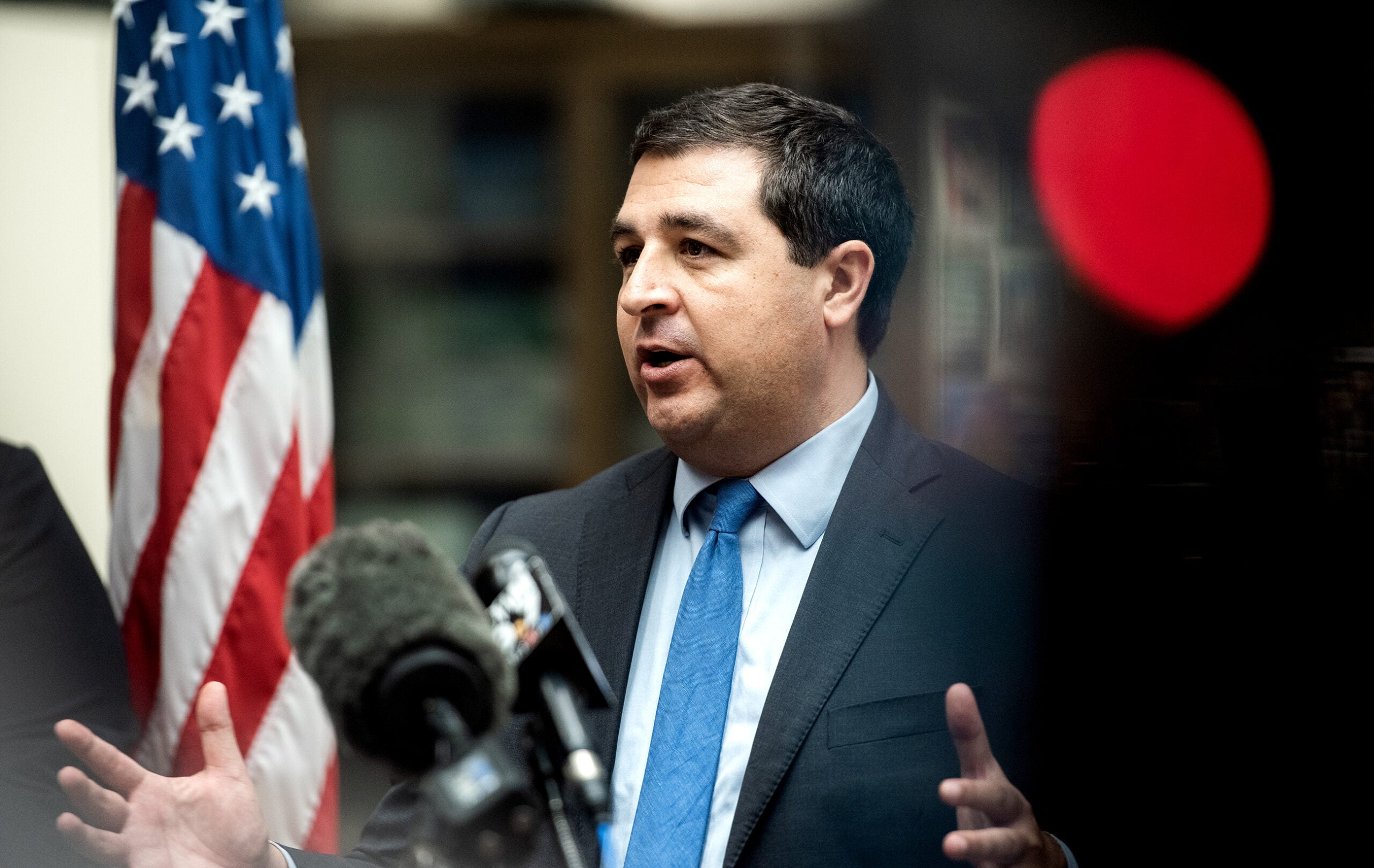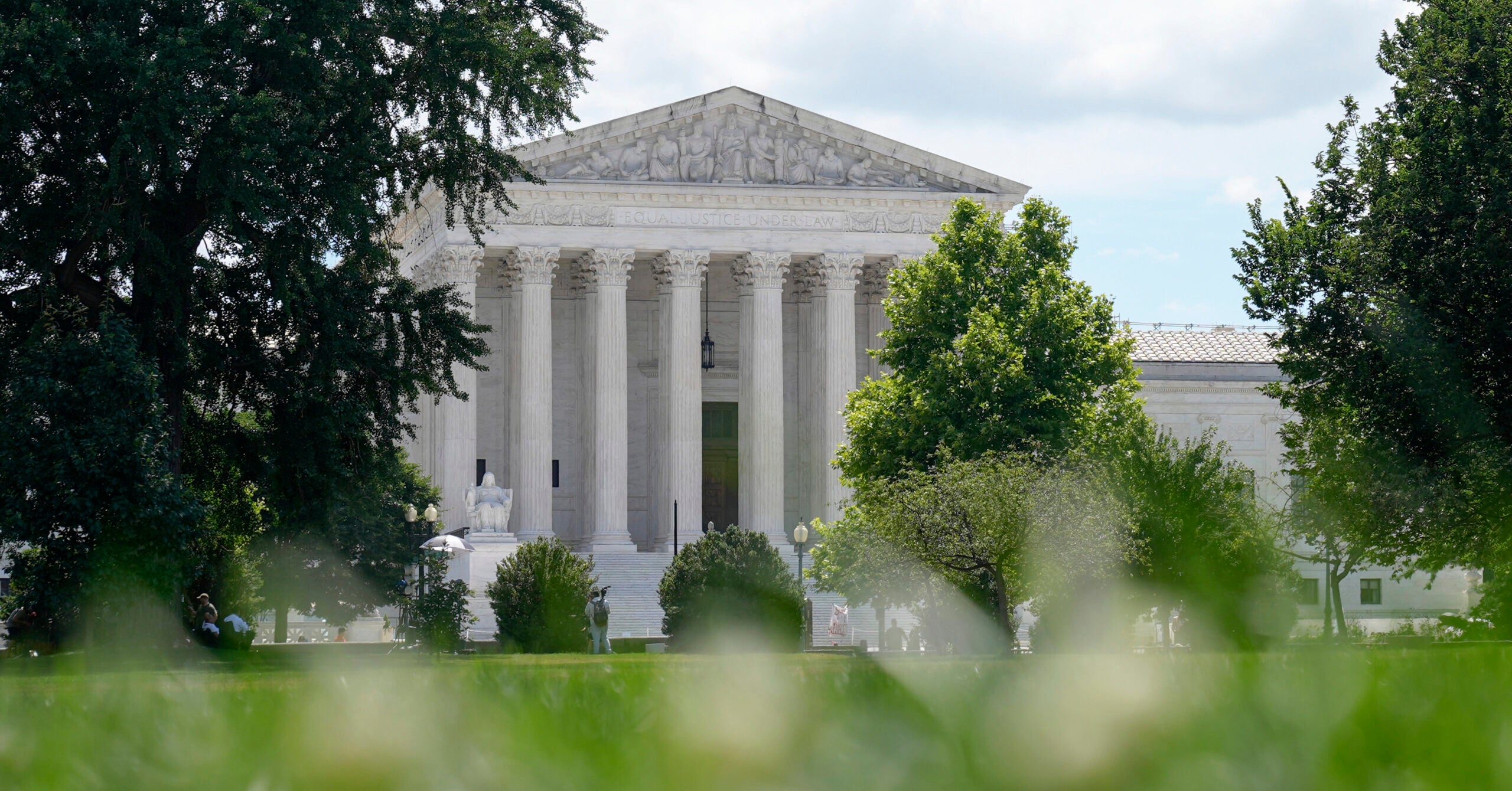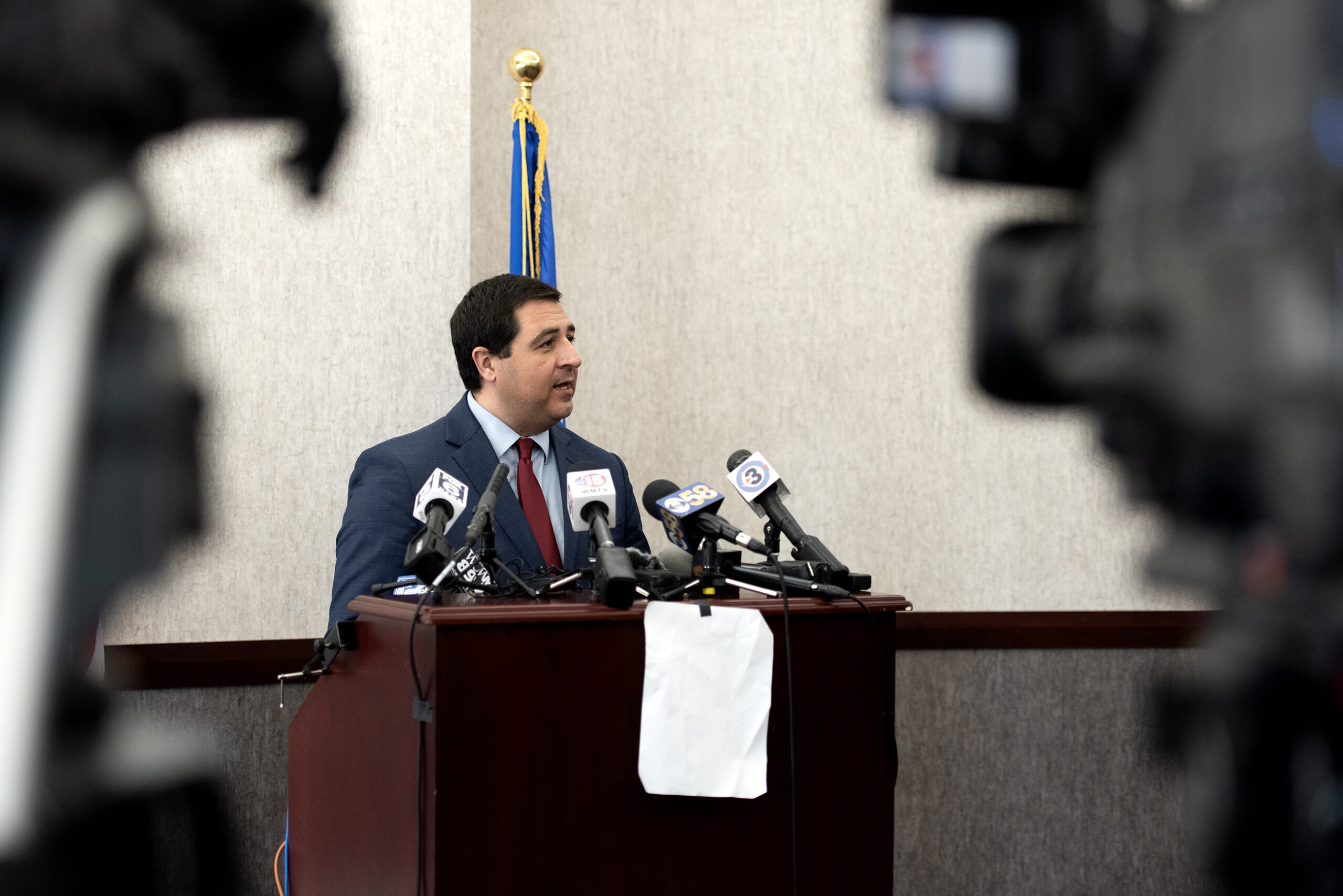Less than three months into his second term in office, President Donald Trump has faced a deluge of lawsuits from states, including Wisconsin’s Department of Justice.
Democratic Attorney General Josh Kaul has joined other states in filing more than a dozen lawsuits, appeals or “friend of the court” filings, all pushing back on actions out of the White House and other federal agencies.
These cases have dealt with issues like birthright citizenship, the firing of federal workers, the cancelation of research and education grants, and who can access personal data.
News with a little more humanity
WPR’s “Wisconsin Today” newsletter keeps you connected to the state you love without feeling overwhelmed. No paywall. No agenda. No corporate filter.
All told, the Trump administration has faced well over 100 lawsuits in less than 90 days. Scott Anderson, general counsel and a senior editor for Lawfare, which is tracking the litigation, called the scale of legal action “hugely significant.”
“This is a gargantuan anomaly,” he said. “New administrations do things. They change things. Not everybody likes it, but most of the time, people don’t just get up and sue hugely over it, at this large a scale.”
As many of these lawsuits move through federal district courts, Republicans in Congress are moving to restrict how much of an effect those courts can have on national policy.
Broadly speaking, a district court can issue an injunction in a case that stops the challenged policy from continuing nationwide.
Congress is poised to vote on legislation that would weaken the power of state courts to affect federal policy.
Several of Wisconsin’s Republican Congresspeople and Republican U.S. Sen. Ron Johnson have said they support such a move — calling it an effort to put guardrails around judicial activism.
On social media, state Rep. Scott Fitzgerald, R-Clyman, said Trump has a mandate.
“Activist judges shouldn’t be able to block that agenda with nationwide injunctions,” he wrote.
And the Trump administration has argued that lawsuits against their agenda are themselves a threat to the mandate of a democratically elected executive branch.
Democrats and critics of the move say it will weaken an independent judiciary and consolidate power at the executive level — although in the past, Democrats have also called for similar court limits.

Anderson, the legal analyst, said this is the most litigious era of his professional career. He added it’s not surprising to see most of these lawsuits led by Democratic attorneys general who are opposed to the broader Trump agenda.
But he argued some of that work is an effort to maintain separation of powers, and that court battles help maintain democratic institutions and the Constitution.
“If it all just came down to who’s president, you wouldn’t have a Congress enacting laws,” he said. “I think even people who might agree with Donald Trump on substance or voted for him need to understand what the implications are for our democratic system and the rule of law.”
The Wisconsin Department of Justice did not respond to WPR’s request for comment. In a previous interview with WPR’s “Wisconsin Today,” Kaul said he has prioritized lawsuits against policy that’s “harmful to Wisconsinites.”
One of those lawsuits challenges an executive order that would end birthright citizenship. Kaul and Gov. Tony Evers called the order “unconstitutional.”
Another pushes back against the mass firing of federal workers, and another argues that Elon Musk and the Department of Government Efficiency should not be allowed access to personal data stored at the U.S. Treasury. Kaul has also signed onto lawsuits over the cancellation of public health research funding and previously approved education grants.
In addition to joining onto multistate lawsuits, Kaul’s office has submitted amici curiae, or “friends of the court” briefs, in support of other lawsuits.
Those briefs were for cases challenging the banning of transgender people from serving in the military, the defunding of the Consumer Financial Protection Bureau and the firing of a member of the National Labor Relations Board.
Wisconsin Public Radio, © Copyright 2026, Board of Regents of the University of Wisconsin System and Wisconsin Educational Communications Board.






